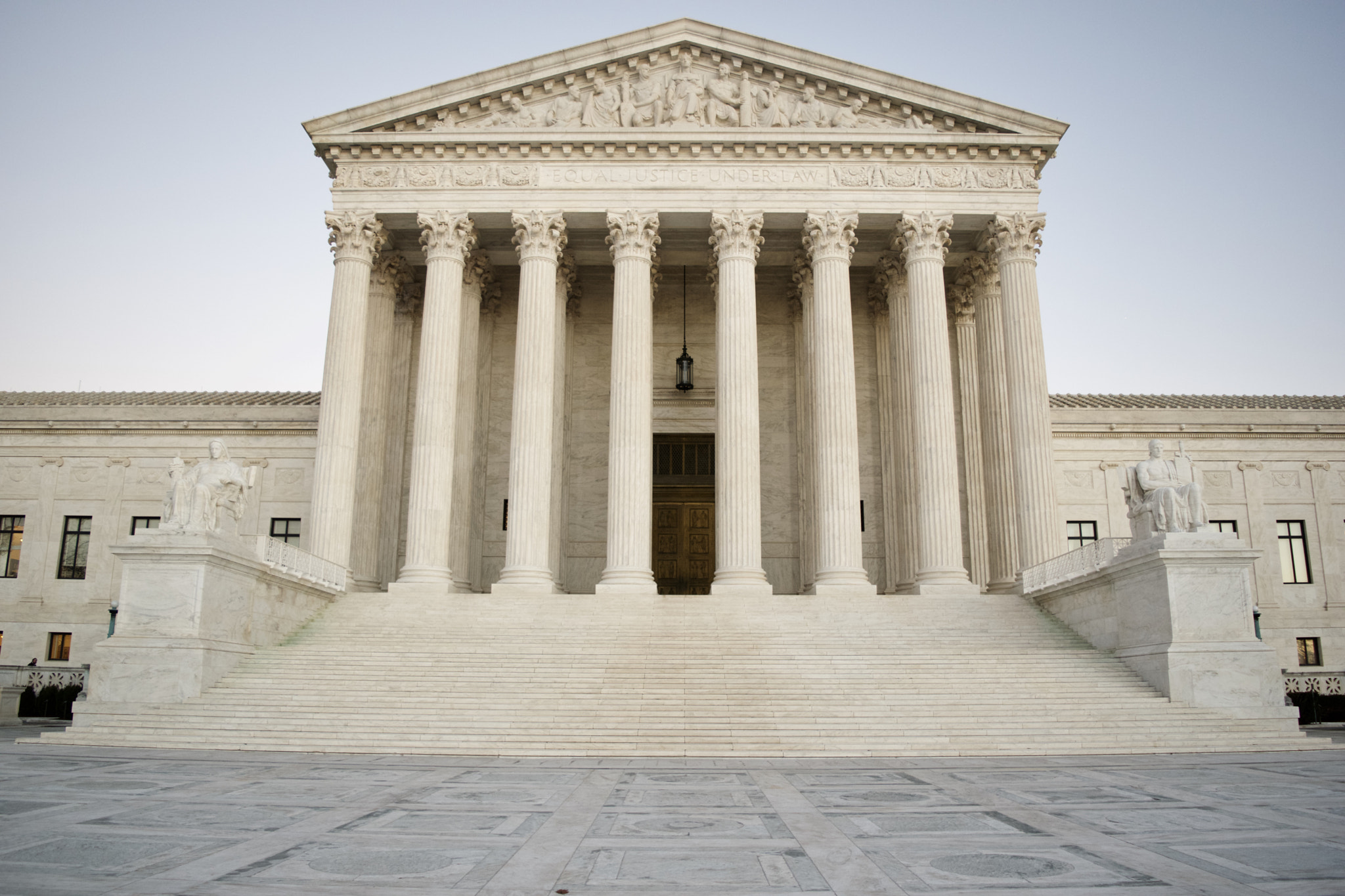
The Trump administration on Tuesday filed an emergency appeal asking the Supreme Court to intervene in a dispute over billions of dollars in foreign aid. The Justice Department warned that unless the justices act by next week, a lower court ruling will compel the government to spend roughly $12 billion in aid funds against the administration’s foreign policy priorities.
Legal Background
Earlier this month, a three-judge panel on the U.S. Court of Appeals for the D.C. Circuit sided with President Donald Trump, ruling that only Congress has standing to sue an administration over changes to appropriated funds. The decision overturned a lower court order blocking the proposed cuts.
But because the case is now under review by the full D.C. Circuit, the district court’s ruling requiring the aid to be spent remains in effect. The administration argued that this effectively places the district court in the role of “supervisor-in-chief” of spending proposals, forcing billions of dollars to be obligated before the end of the fiscal year on September 30.
Stakes for Foreign Policy
The funds at issue were earmarked by Congress for global health and HIV/AIDS programs to be distributed by the State Department and USAID. The administration maintains that being compelled to disburse the money undermines its ability to conduct foreign policy and could cause “irreparable diplomatic costs.”
Trump told reporters on Tuesday that he would abide by the Supreme Court’s decision, though he predicted that his appointees would soon form a majority on the Federal Reserve’s board after he nominates Lisa Cook’s successor in a separate dispute.
The Supreme Court previously considered the case in March, when a slim majority declined to freeze the funds, allowing litigation to continue in lower courts. The new emergency appeal asks the justices to act by September 2 to prevent what the administration calls harmful and unnecessary spending.
Author’s Opinion
The fight over foreign aid highlights a recurring clash between the judiciary and the executive branch. On one hand, courts are ensuring that congressional appropriations are respected. On the other, the White House argues that foreign policy decisions cannot be micromanaged by judges. Forcing the rapid disbursement of billions may preserve legislative intent, but it risks undermining the flexibility presidents need in a volatile global environment. The bigger question is whether the courts are now edging into territory historically reserved for the executive branch.
Featured image credit: Wikimedia Commons
For more stories like it, click the +Follow button at the top of this page to follow us.
